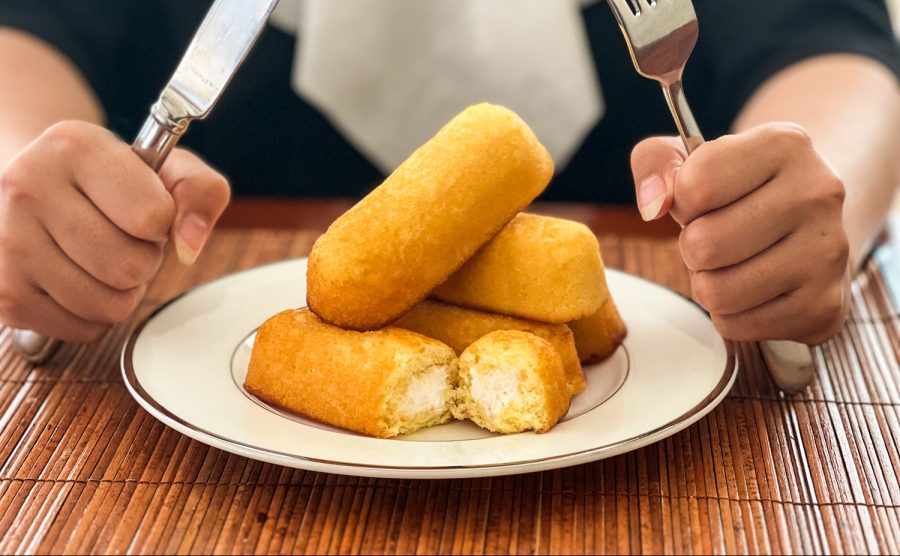Scot Scoop News | Eat Twinkies, be healthy - Scot Scoop News

The only thing anyone needs to do to lose weight, and thus improve health markers, is to follow a calorie deficit diet.
According to the American Journal of Clinical Nutrition, a calorie is a calorie regardless of where it comes from. As long as someone eats fewer calories than they burn, excess energy stored in the body, such as in fat, will be spent and they will lose weight.
The United States Department of Agriculture (USDA) 2010 Dietary Guidelines for Americans held a different position. The guidelines had a section on how sugar and saturated fats are obesogenic or tend to cause obesity.
"Since it wasn't put in context, that could be interpreted that it doesn't matter how many calories you eat, but the type of food where that fuel comes from, that is what's most important in the obesity prevalence data," said Mark Haub, a nutrition and dietetics professor at Kansas State University (KSU). "So I thought 'That's interesting. Let's try that out.'"
"
If somebody considered that food to be unhealthy, it was on my menu."
— Mark Haub
Haub wanted to prove that the calories, not the type of food, were the only thing that mattered in order to gain or lose weight. He underwent a 38% calorie deficit weight loss diet for 10 weeks, based on foods that people around him considered unhealthy.
"If somebody considered that food to be unhealthy, it was on my menu," Haub said.
Haub's experimental diet went viral after an interview done by the Division of Communications and Marketing at KSU and he was featured on CNN, ABC News, and the LA Times, among other news outlets.
Eventually coined the Twinkie Diet by Good Morning America, his diet consisted mainly of sugary cereals, whole milk, sodas, meat, and packaged snacks like zingers, chips, and Twinkies. In order to maintain a regular nutrient intake, Haub drank Muscle Milk as a source of protein and took a Geritol multivitamin.
"As far as nutrients, if one were to examine my nutrient intake for a day, it'd look normal, it was actually pretty good," Haub said.
To hide his temporary eating habits from his young sons at the time, Haub would generally eat a tomato, a can of corn, or a can of green beans as his only source of high-nutrient food.
His daily calorie intake was about 1,600 per day and he maintained his regular activity level to get an accurate result of what would happen if he simply ate less. Haub had confidence he was going to lose weight and see improvements in his metabolic markers because he knew that was the result of a calorie deficit diet.
"There was a lot of research to show that if you are eating less, then your metabolic markers are going to go in that direction," Haub said. "But there were some professionals within nutrition around me, who were concerned about increases in cholesterol, increases in blood pressure increases in glucose because of the food, not the quantity of food."
His experiment supported the premise that the type of food does not matter if the goal is to lose weight and improve metabolic levels, countering the 2010 USDA guidelines.
"I think the point holds that sugar and salt and fat in and of themselves are not the problem," Haub said. "It's going back to the basic practicality issue of the dose is the poison—the dose of the toxin is a poison, not the actual product. So yes, sugar can be problematic, but for most, it's not."
According to Haub, his high-fat, high-carb, high-sugar diet demonstrated that supposedly unhealthy food does not inherently lead to obesity, it's the amount consumed that makes it obesogenic. However, to many nutrition professionals, he would be considered unhealthy simply because of his diet.
While Haub did lose 27 pounds, he was still struggling with if he could consider himself healthy or not. His overall health improved but he had not been eating high-nutrient foods that would sustain his well-being long-term.
"The question I would still have is, does the food we eat dictate our health, or do the biomarkers of our health?" Haub said. "That's a question that still has yet to be answered."
Comments
Post a Comment